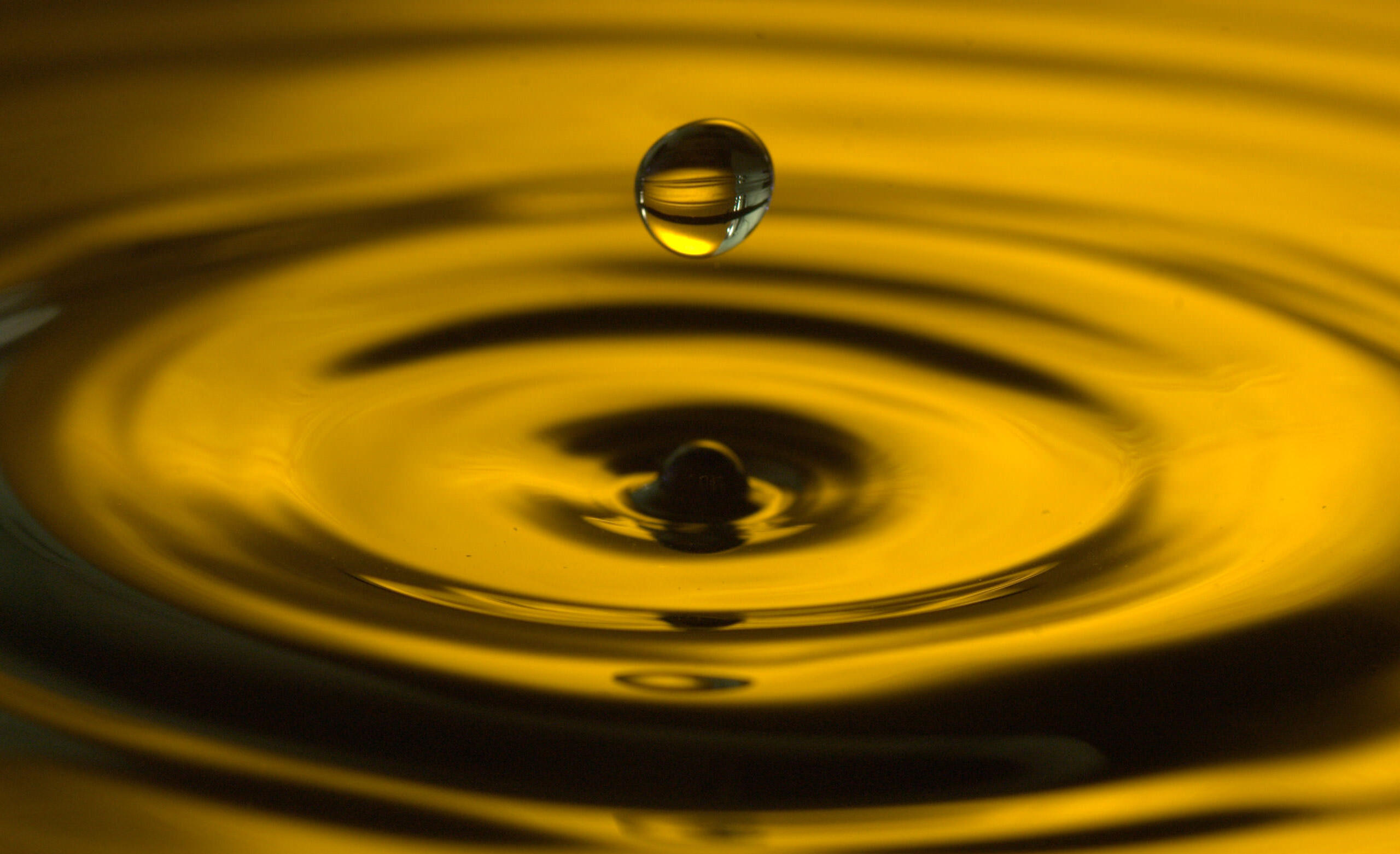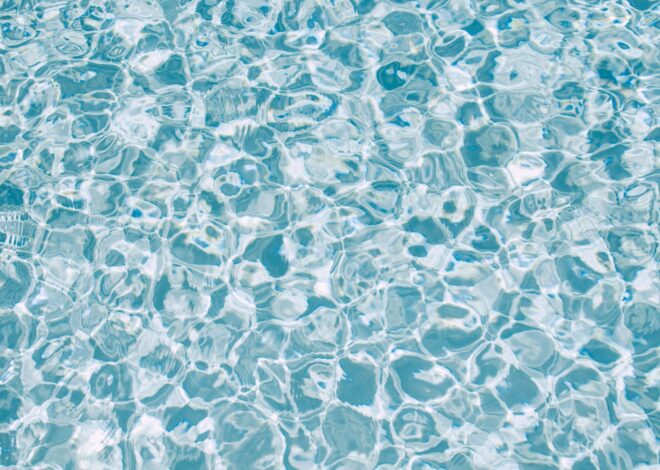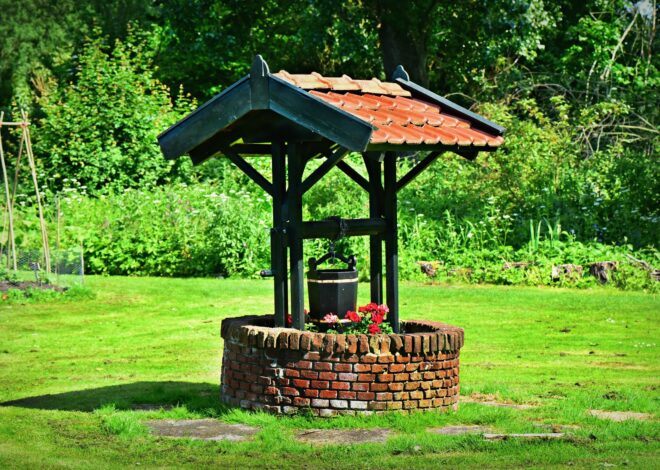
How To Survive A Water Shortage
Welcome to the best guide online on how to survive a water shortage. Water is essential for life, yet many of us take it for granted. Imagine turning on the tap and nothing comes out – a water shortage can quickly turn from a distant concern to a harsh reality.
In this blog post, we will explore the importance of water, the causes and effects of water shortages, practical tips for conserving water at home, alternative sources of water, community efforts to combat shortages, and most importantly, how to survive a water shortage. Let’s dive in!
The Importance of Water
Water is the essence of life, making up about 60% of the human body. It plays a crucial role in various bodily functions, such as digestion, circulation, and temperature regulation.
Beyond our own bodies, water is essential for agriculture, industry, and sanitation. Without an adequate supply of clean water, crops would wither, factories would grind to a halt, and diseases would spread more easily.
Not only does water sustain life on Earth but it also shapes landscapes through erosion and deposition processes. Rivers carve out canyons over millennia while oceans support intricate ecosystems teeming with diverse marine life.
In addition to its practical importance, water holds cultural significance in many societies around the world. From religious rituals to traditional ceremonies, water often symbolizes purity, renewal or even transformation.
Understanding Water Shortages
Water is a precious resource that sustains life on our planet. However, not everyone has equal access to clean and safe water. Understanding water shortages is crucial in addressing this global issue.
Water scarcity occurs when the demand for water exceeds the available supply in a particular region. Factors like population growth, climate change, and inefficient water management practices contribute to this problem.
In many parts of the world, communities face challenges due to lack of access to clean drinking water and sanitation facilities. This can lead to health issues, economic hardships, and social unrest.
By studying the causes and effects of water shortages, we can implement sustainable solutions to ensure equitable distribution of this vital resource. From conservation efforts at home to supporting community projects, every small step counts towards mitigating water scarcity.
Awareness and education are key in fostering a culture of responsible water usage for current and future generations.
Causes of Water Shortages
Water shortages can be caused by a variety of factors that contribute to the imbalance between water supply and demand. One major cause is climate change, which leads to unpredictable rainfall patterns and prolonged droughts in many regions around the world. Population growth also plays a significant role as more people require access to limited water resources.
Poor water management practices exacerbate the problem, such as inefficient irrigation methods in agriculture and outdated infrastructure for water distribution. Pollution of rivers, lakes, and groundwater sources further diminishes the available clean water supply for communities. Deforestation can also impact water cycles and reduce natural reservoirs like forests that help regulate rainfall.
Additionally, conflicts over shared water resources between different sectors or neighboring countries can escalate into serious shortages. These various causes intertwine to create complex challenges that require comprehensive solutions at local, national, and global levels.
Effects of Water Shortages
Water shortages can have far-reaching effects on both individuals and communities. When water is scarce, basic hygiene practices like handwashing become challenging, leading to an increased risk of diseases spreading. Agriculture also suffers significantly during water shortages, impacting food production and driving up prices.
Furthermore, industries that rely heavily on water for their operations may be forced to cut back or even shut down temporarily, resulting in economic losses and potential job layoffs. In areas where water scarcity is severe, conflicts over access to limited water resources can escalate tensions among residents.
The environmental impact of water shortages is undeniable as well – ecosystems suffer when rivers run dry and wildlife struggles to survive without adequate hydration. The effects of a water shortage extend beyond just a lack of drinking water; they touch every aspect of life in the affected regions.
Tips for Conserving Water at Home
Water conservation is crucial in times of shortage. Small changes at home can make a big difference. Start by fixing leaks promptly, as even minor drips waste gallons over time. Consider installing low-flow faucets and showerheads to reduce water usage without sacrificing pressure.
Another tip is to be mindful of how long you run the tap while washing dishes or brushing teeth. Turning off the faucet when not actively using it can save significant amounts of water. Opt for full loads when using the dishwasher or laundry machine to maximize efficiency.
Reconsider your landscaping choices by selecting drought-resistant plants that require less watering. Collect rainwater in barrels for outdoor use like watering plants or cleaning purposes. Simple adjustments in daily habits can go a long way in conserving precious water resources at home.
Alternative Sources of Water
In times of water shortage, exploring alternative sources of water becomes crucial. One option is rainwater harvesting, where you can collect rainwater from your roof and store it for later use. This method not only conserves water but also reduces your reliance on the main supply.
Another alternative source is greywater recycling, which involves reusing wastewater from activities like laundry or washing dishes for purposes like watering plants or flushing toilets. It’s a sustainable way to make the most out of every drop.
Additionally, consider installing a water filtration system to purify collected rainwater or greywater for safe consumption. Investing in this technology can provide a reliable source of clean drinking water during shortages.
Exploring these alternative sources not only helps you survive a water shortage but also promotes sustainability and self-sufficiency in managing our precious resource.
Community Efforts to Combat Water Shortages
In times of water scarcity, communities must come together to combat shortages. One effective way is through collective action towards sustainable water management practices. Educating residents on the importance of water conservation can lead to significant reductions in overall consumption.
Community initiatives like installing rainwater harvesting systems and promoting greywater recycling can make a big difference in preserving this precious resource. Collaborating with local authorities to identify and fix leaks in the municipal water infrastructure is another crucial step towards ensuring efficient use of available water.
Engaging in community cleanup efforts to protect local bodies of water from pollution also plays a vital role in maintaining their quality and availability for future generations. By working together, neighborhoods can implement innovative solutions that have a positive impact on mitigating water shortages within their region.
Tips for Surviving a Water Shortage
During a water shortage, it is crucial to prioritize your water usage wisely. Start by fixing any leaks in your home to prevent unnecessary wastage. Opt for short showers instead of baths and consider turning off the tap while brushing your teeth or washing dishes.
Another tip is to collect rainwater for non-potable uses like watering plants or cleaning outdoor areas. Reusing greywater from laundry or dishwashing can also help reduce your overall water consumption. Consider investing in water-efficient appliances and fixtures to further minimize usage.
When it comes to cooking, try one-pot meals that require less water for preparation and cleanup. Additionally, be mindful of over-watering gardens or lawns during drought conditions.
Educate yourself on emergency procedures for obtaining safe drinking water if local sources become compromised. Stay informed about community resources and initiatives aimed at conserving water during shortages. By taking these proactive steps, you can better navigate periods of limited water supply with resilience and resourcefulness.
Conclusion
As we navigate the challenges of water shortages, it is crucial to remember the significance of this precious resource in our lives. By understanding the causes and effects of water scarcity, as well as implementing practical tips for conservation at home and exploring alternative sources, we can work towards a more sustainable future.
Community efforts play a vital role in combating water shortages, emphasizing the importance of collective action and shared responsibility. By coming together to address this global issue through education, innovation, and advocacy, we can make a positive impact on current and future generations.
In times of water scarcity, adopting mindful practices and preparation strategies can help us survive with resilience. By prioritizing efficient water use, planning ahead for emergencies, and staying informed about local conditions, we can adapt to challenging circumstances while safeguarding this essential resource for all.
Remember that every drop counts – let’s work together to ensure a thriving world where access to clean water is a reality for everyone. Stay vigilant, stay proactive, and let’s strive towards a sustainable tomorrow.



